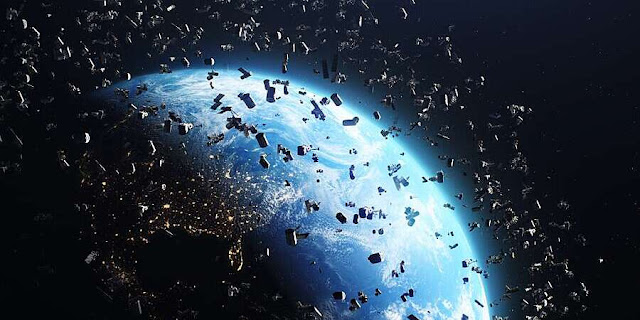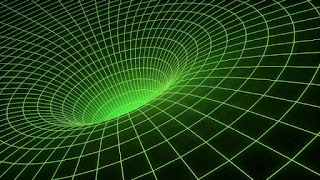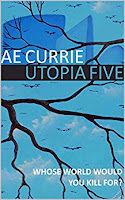The Panopticon Series Goes Open - Utopia Five Will Become Free To Read

Radically Open "persuasive possible future history of how climate change, surveillance and society could play out for us over the next 40 years, and a great detective page-turner as well." - Amazon review Utopia Five After six years, I have finally decided to open my Panopticon scifi series under a creative commons license friendly to the 'bots. (BY-NC) On September 12th 2025, Utopia Five, the first of the Panopticon series, gets a CC release . The 9 book series will conclude with the finale, Shadow Earth, which will be released in early 2026. Give my novels away for free? Have I lost my mind? Show Me The Money The Panopticon series is a set of scifi/clifi/solarpunk mysteries and thrillers based in an alternative history near-future where the world becomes radically open - a panopticon. "an unexpectedly deep and conceptual sci-fi techno thriller" - Amazon review Utopia Five It has sold thousands of copies on Amazon and I had always one day hoped to make it ava...
.jpg)
.jpeg)



